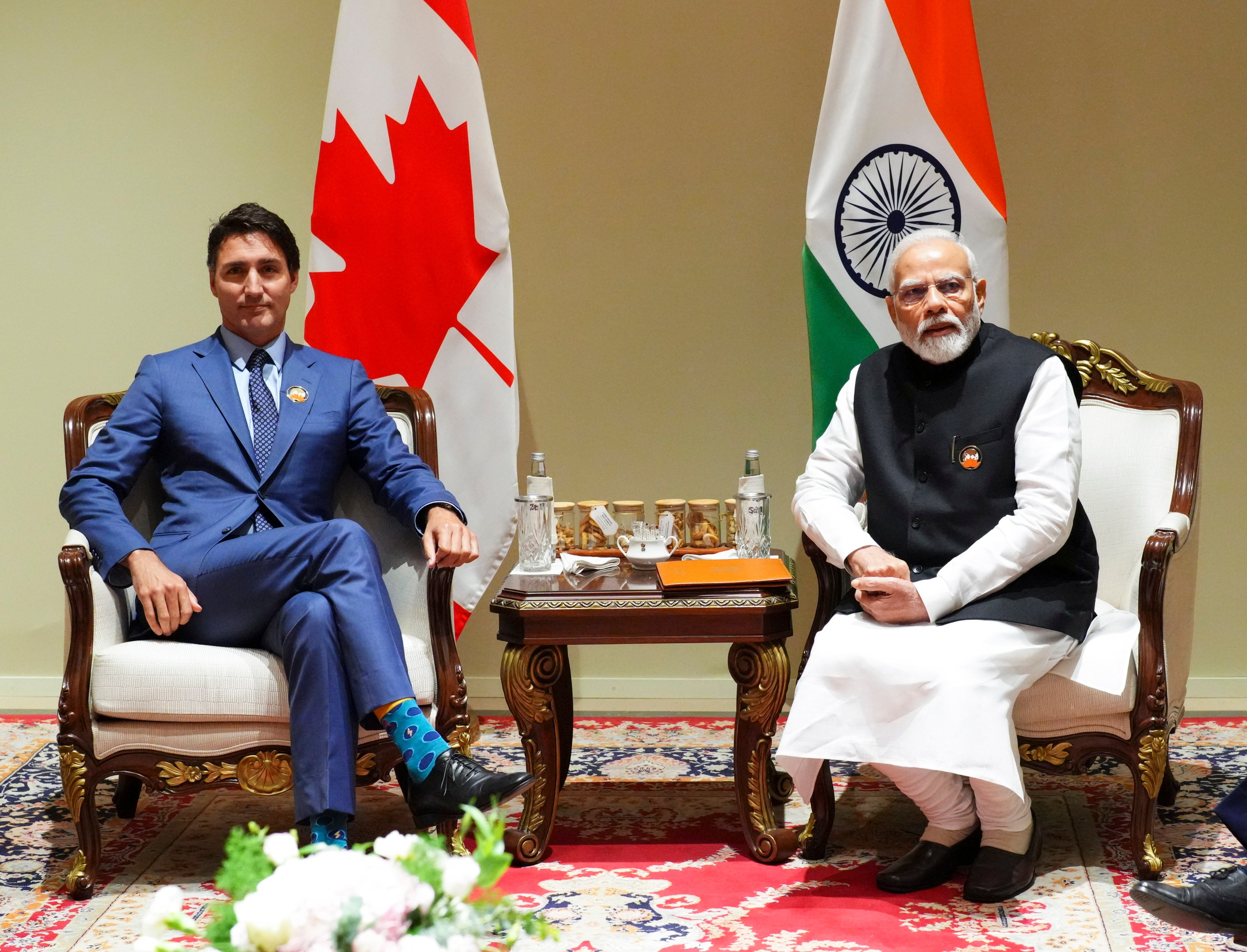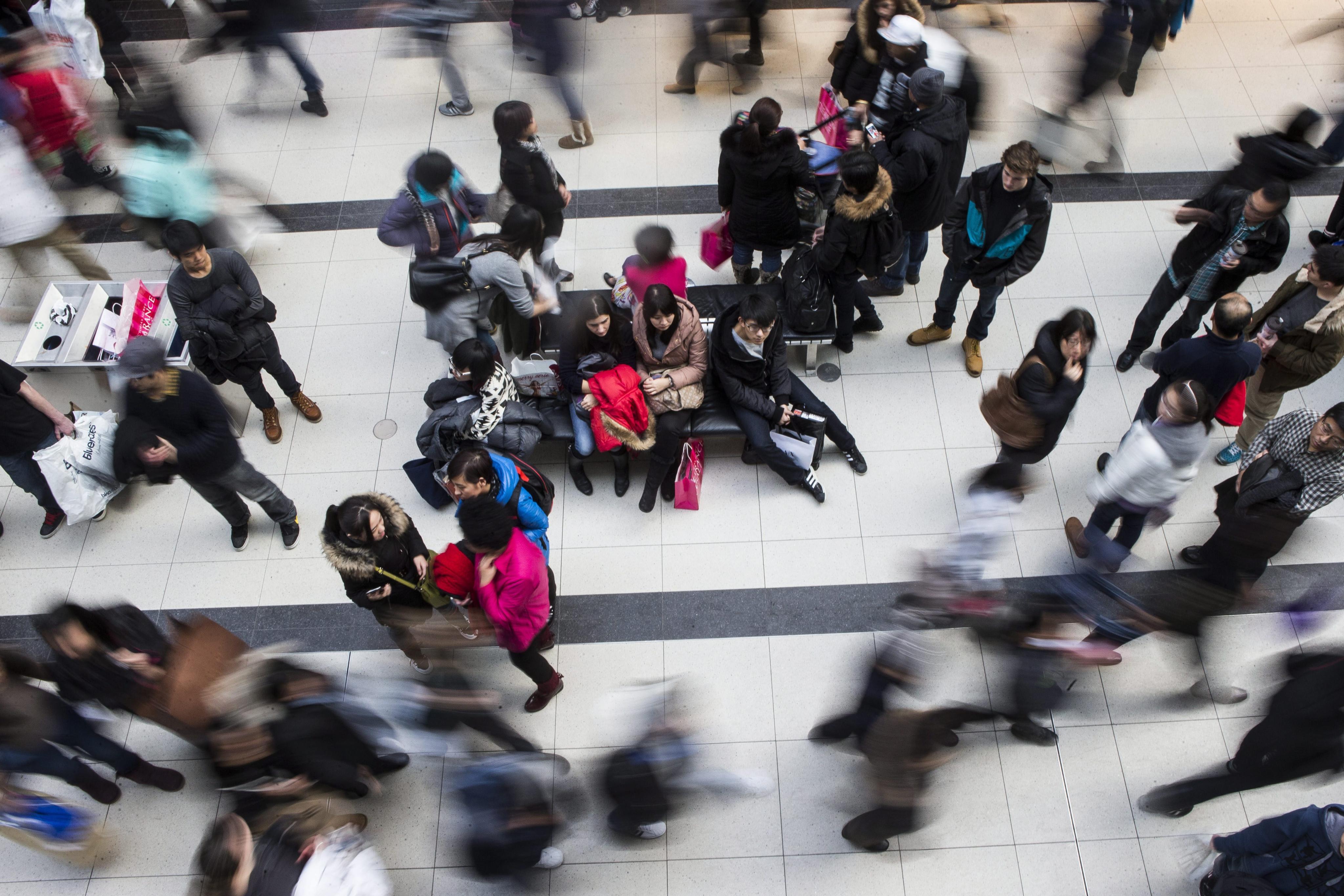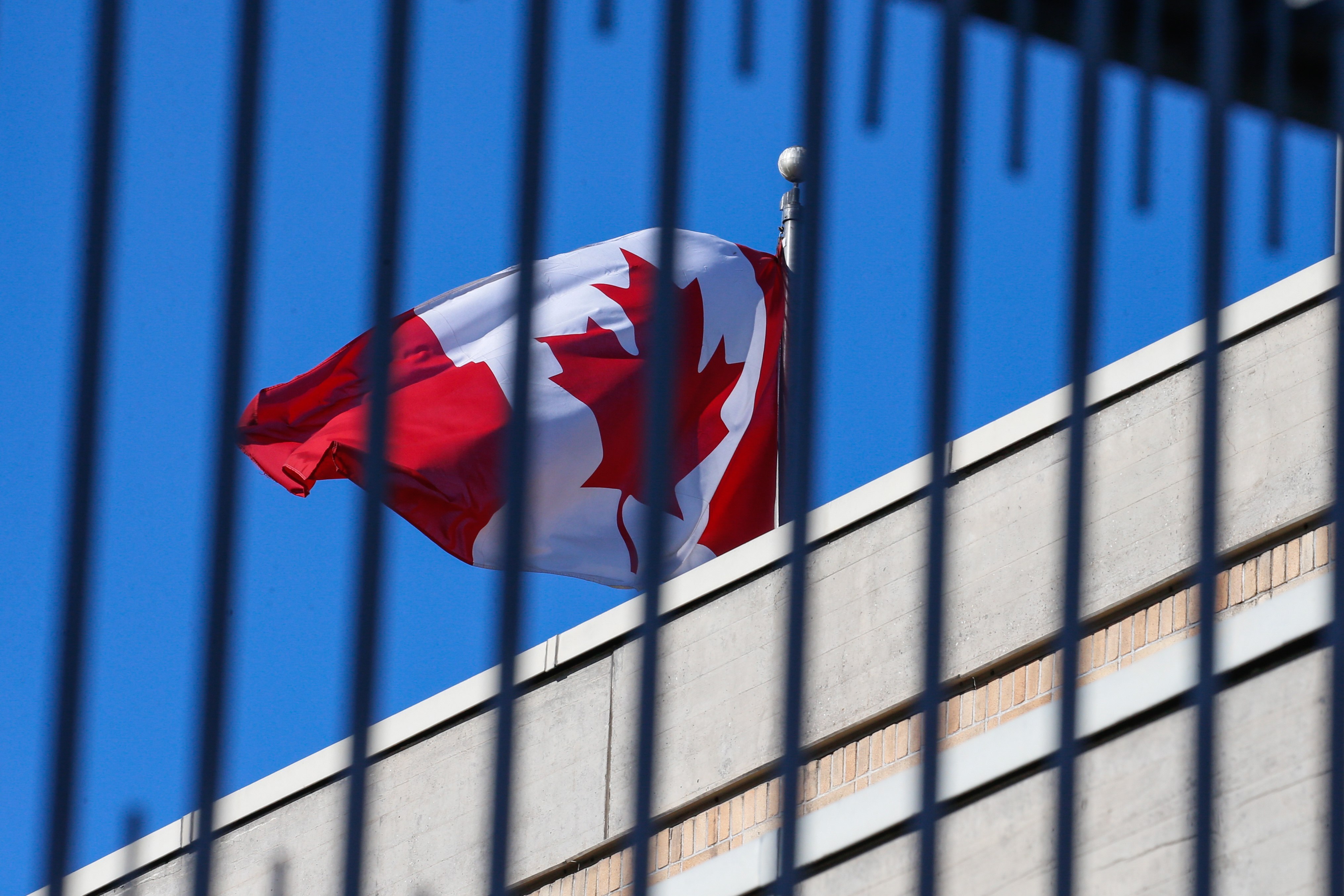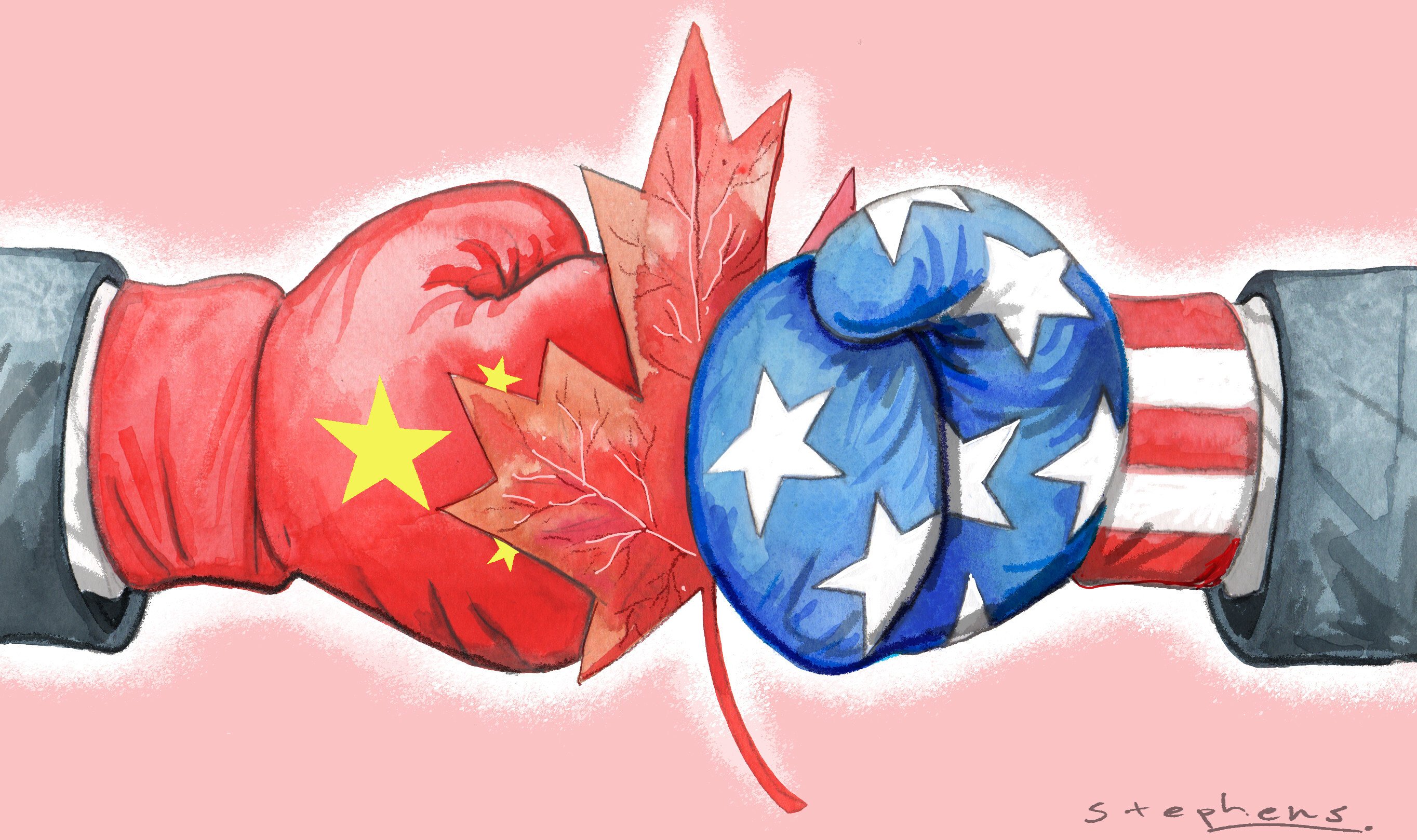Advertisement
Advertisement

Richard Desjardins
Richard Desjardins retired in 2020 after a 29-year career as a Canadian public servant. Born in Montreal, Canada, he obtained a BA (1983) and MA in political science (1991) and studied Chinese in Taiwan (1985-1988). He writes on topics dealing with China and Canada-China relations for various publications.
Richard Desjardins retired in 2020 after a 29-year career as a Canadian public servant. Born in Montreal, Canada, he obtained a BA (1983) and MA in political science (1991) and studied Chinese in Taiwan (1985-1988). He writes on topics dealing with China and Canada-China relations for various publications.
Languages Spoken:
EnglishIn the recent media frenzy, Canada has been portrayed as the victim of foreign countries trampling on its sovereignty. It is not clear whether the Trudeau government is fully in control of its national security apparatus or is a hostage to hardliners within it.
Troublingly, the intelligence agency’s role in precipitating the crisis has not been fully examined. With media taking interference for granted, a failure to address the pertinent issues risks victimising Chinese-Canadians
As Canadians mark the passing of the 1,000th day in detention for Michael Kovrig and Michael Spavor, the Trudeau government’s pledge to do its best to secure their freedom rings hollow.
Ottawa’s failure to act firmly and fast in the early days of the extradition saga left it snared in a geopolitical tussle with little bearing on its own national interest. Its tepid response to the fallout also left the field open to Canadian hardliners to lead the conversation on China.
Advertisement




